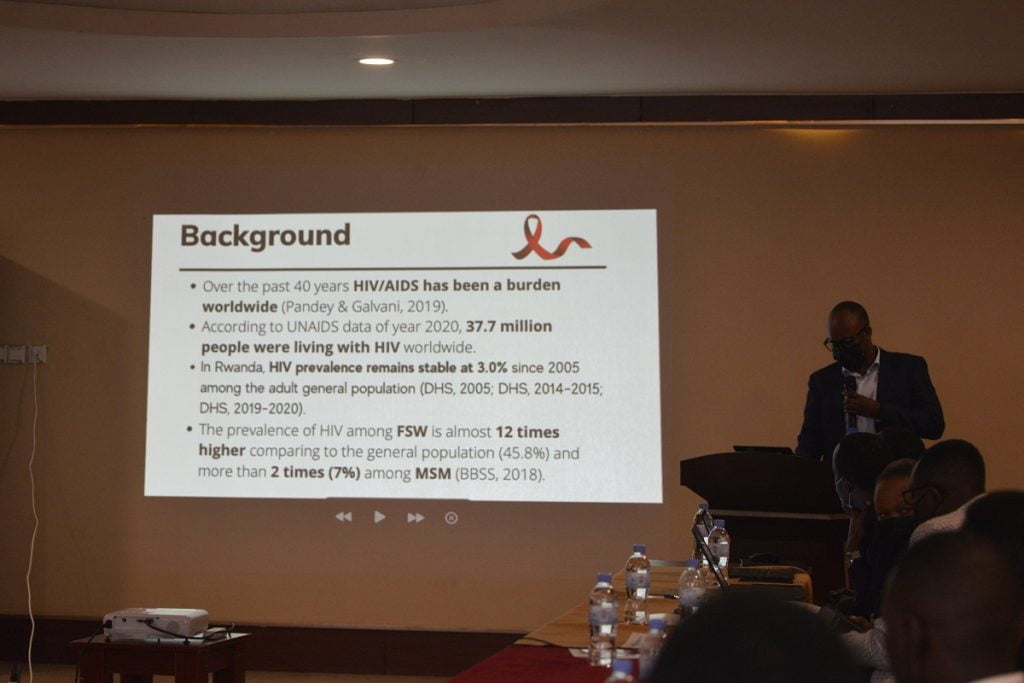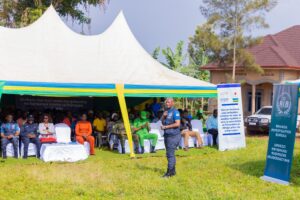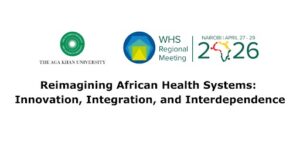The COVID-19 pandemic has considerably affected key and vulnerable populations and exacerbated the existing inequalities and vulnerability, a study has revealed.
The research was conducted by Rwanda NGOs Forum on HIV/AIDS and HP in partnership with UNAIDS and UHAI EASHRI, and was presented to stakeholders on December 17, 2021, for the validation and dissemination of its findings.
The target Key Populations were Female Sex Workers, Men who have Sex with Men, Transgender and PWUD/PWID; with objective to identify barriers and challenges to access biomedical and non-biomedical HIV services among key and vulnerable populations, due to restrictive movements issued to limit the spread of COVID-19 in Rwanda
During the research, participants provided their perceptions and concerns about the impact of Covid-19, particularly on availability, accessibility, affordability and utilization of HIV services.
The consequences of COVID-19 considerably affected the availability of biomedical preventive measures against unwanted pregnancy and sexually transmitted diseases such as HIV. “I had a client and we had unprotected sex because we couldn’t get condoms in lockdown,” a respondent said.
“Curfews, movement restrictions and lockdowns considerably disrupted access to HIV prevention services. Furthermore, unavailability of public transport, discontinued awareness campaigns during lockdown periods, decreased utilization of health services,” reads the study.
A respondent to the study questions said: “Before COVID-19 we used to have “inteko y’abaturage ” (community gatherings). The community health workers used to organize campaigns and meetings at the village or cell level and gather people to educate them about different diseases including HIV, prevention methods such as PrEP, family planning, and provide free condoms, but now it has stopped”.
The study found high-risk behaviors due to COVID-19: “During COVID-19, because some were not selected for free food provision, it has caused some to become sex workers to get the food regardless of exposure to HIV” a Focus Group Discussion responded.
The possibility of increase in HIV incidence was mentioned by key populations and healthcare providers in this study.
“I used to take medications from the Health Center, in lockdown they used to say that medicines will be given to the community health workers and we didn’t want them to know that we are HIV positive,” reads a response to a study question.
The study recommends that the Ministry of Health through Rwanda Biomedical Center should ensure continuity of HIV services by availing preparedness plan for future pandemics and to mitigate their impact at community level.
Civil Society Organizations working with key populations should advocate for peer educators to be considered and facilitated to keep delivering HIV services to their peers at community level especially during confinement/pandemics, according to another recommendation.
Although in Rwanda, there is limited data on the effect of Covid-19 on HIV service delivery especially among key populations, a new WHO report confirms that Overall, nearly a quarter (23.1%) of all people living with HIV who were hospitalized with COVID-19, died.
According to the National HIV Annual Report, in Rwanda, HIV prevalence remains stable at 3.0% since 2005 among the adult general population. The prevalence of HIV among FSW is almost 12 times higher comparing to the general population (45.8%) and more than 2 times (7%) among MSM.





